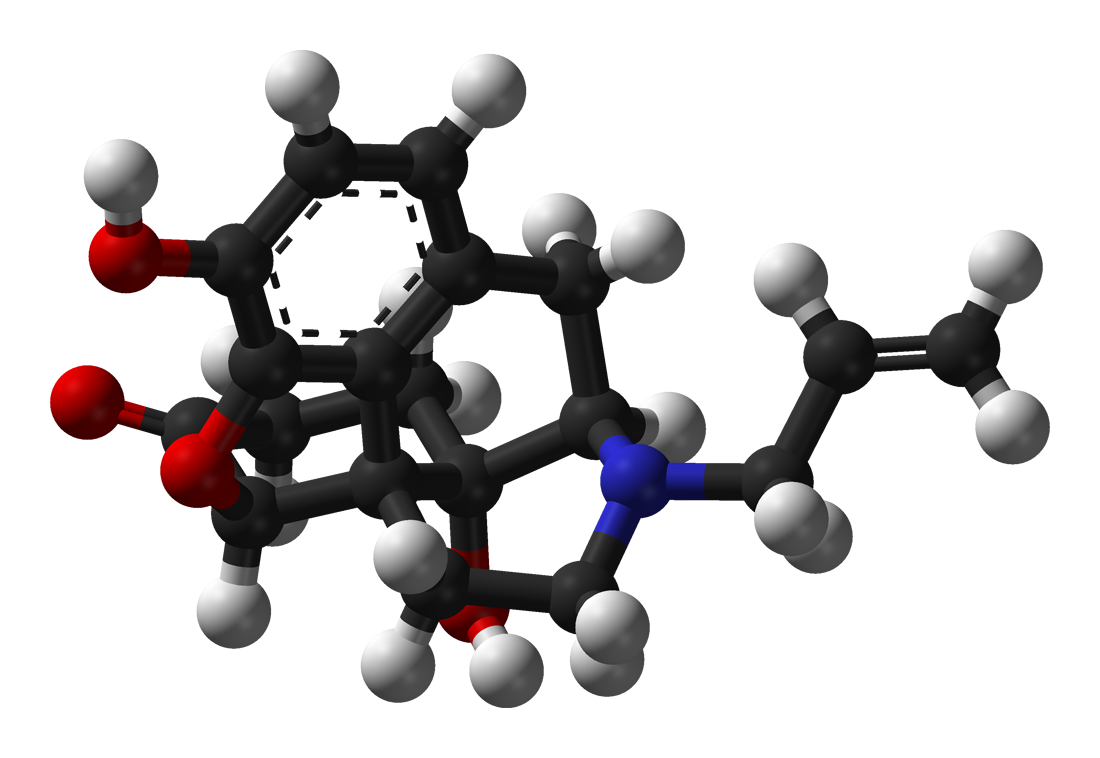Chemical Analysis Glossary
Chemical Analysis Glossary of Terms
This is a short Chemical Analysis glossary of terms, defining some of the most commonly found terms. Chemical Analysis is the study of the chemical structure and composition of substances, commonly undertaken through the decomposition of substances into their component elements.
Electrode – An electrode is a conductor through which electricity enters or leaves an object, substance or region. In an electric circuit it is the terminal through which the electric current passes between metallic and non-metallic parts of an electric circuit.
ABS – ABS is a polystyrol material with reinforced fiber glass and is therefore very strong and indestructible. High and Low temperatures and shocks and hits can’t affect this material. ABS cases are designed for heavy products and goods that are used on building sites and in field work.
Error Diagnosis – An error diagnosis is an assessment of the damages caused by a detected error, or by errors propagated before detection.
Temperature Compensation – Temperature Compensation is the ability to correct any errors introduced to the measurement due to changes with the temperature.
IP Rating – The IP code consists of the letters IP followed by two digits and an optional letter. It provides a means of classifying the degrees of protection from solid objects and liquids afforded by electrical equipment and enclosures.
ORP Measurements – ORP stands for Oxidation Reduction Potential and is directly relative to oxidative strength of biocidal agents such as chlorine; ratio of activities of oxidised (loss of electron) and reduced (gain of electron) forms of various substances in solution, activities which generate millivolt potential similar to pH, depending on the substance.
View all the Chemical Analysis meters and testers at the Castle Shop.
-

Castle Products
CLICK HERE FOR
Information, technical data, images and pricing of all Castle Group Ltd. products -

Product Rental
CLICK HERE FOR
Hire the best equipment at a fraction of the purchase price -

Calibration Lab.
CLICK HERE FOR
Calibration and repair services from Air Samplers to Vibration Meters -

Training
CLICK HERE FOR
World class safety and environmental courses. On your site or our 4* training facility -

Consultancy
CLICK HERE FOR
Employ our expertise for both simple and more demanding issues.













